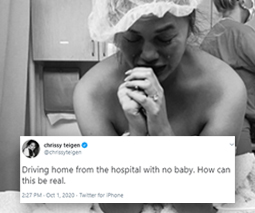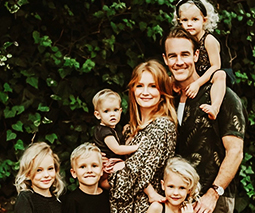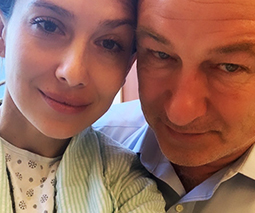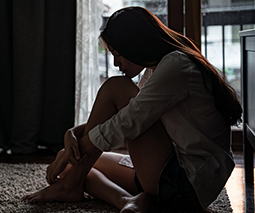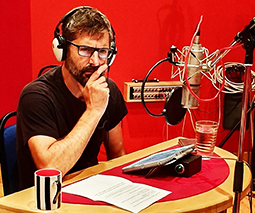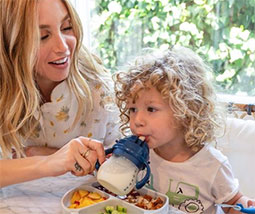Study reveals fathers are not receiving the support they need after miscarriage
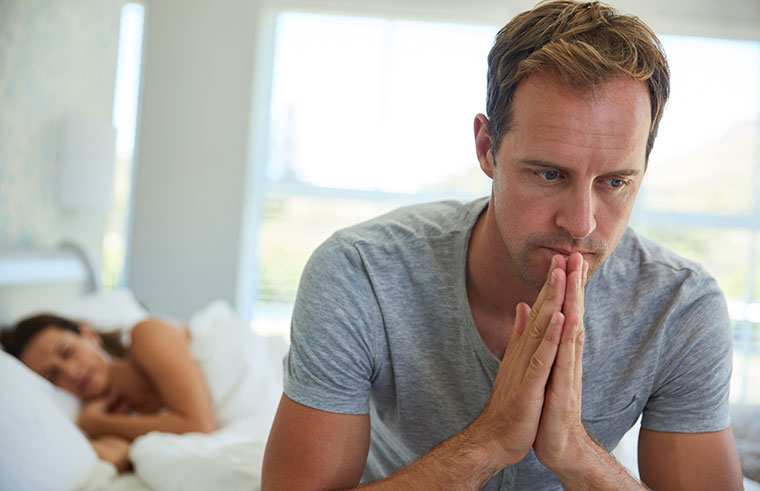
Miscarriage is a devastating experience for the parents involved; however, new research shows that dads are being overlooked when it comes to receiving the support and care that they need at this time.
Dr Jade Bilardi from Melbourne Sexual Health Centre was a lead researcher on the study. She says dads feel just as much loss and sadness as a result of miscarriage, but rarely receive the support they need.
Listen to Dr Jade Bilardi on Feed Play Love:
Keeping mum
According to Jade, one in four confirmed pregnancies in Australia ends in miscarriage, which equates to approximately 285 miscarriages a day, affecting around 104,000 couples each year. And while it’s never been something people talk much about, Jade is hopeful that this is starting to change. “There is this silence and stigma around miscarriage and part of that, is the issue of not disclosing your pregnancy until the 12-week mark, which is because we’re at a higher risk of having a miscarriage up until that point,” says Jade. “But the problem with that is, in not telling others around you that you’re actually pregnant, when miscarriage occurs, there’s not a lot of support.”
What about dads?
“Probably the biggest assumption that people make is that men may not feel the loss in the same way as women, that they may not feel the same intensity of grief and sadness around miscarriage,” says Jade. “We also have this assumption that men are just the supporter for their partners and what results from that, is this lack of acknowledgement of men’s loss because they’re often just regarded as a woman’s supporter at the time, rather than their partner who has also lost a pregnancy or a baby.”
However, the men interviewed for this study revealed that, like women, they felt a significant amount of grief around their miscarriages. “Feelings of sadness and anger and distress were really common, feelings of powerlessness and having this lack of control around the pregnancy were often talked about by men so very similar levels grief and loss of miscarriage,” says Jade.
Supportive but not supported
According to Jade, the study revealed that men did want to talk about their loss but didn’t get the opportunities. “They really wanted their loss as a father to be acknowledged, and so often it just wasn’t acknowledged,” she says. “A lot of support is tailored and directed towards women at the time of miscarriage.”
The study also showed that as men were relegated to the role of the support person, they felt they needed to be strong and stoic and didn’t share their feelings with their partners. “They found that they didn’t really have anyone to talk to because they didn’t want to burden their partners by talking about their emotions, and then others around them directed support towards their partners, rather than them, so that left them feeling pretty alone and isolated,” says Jade.
What will help?
“First and foremost, I think we need to acknowledge that this is men’s loss too, they’re not just a passenger in this, they’re not just the partner, they’ve had a loss as well,” says Jade. “We need to remember that if this happens within our social circles or if you’re a health care provider talking to a couple about miscarriage that men need to be included as well and have their loss acknowledged.”
Jade believes that men also need to be able to find opportunities to talk about their loss. “Men spoke about how helpful and cathartic it was to be able to share their experience or share their loss with other people, which in this case they often had to go online to find that outlet because they didn’t have those outlets around them,” she says. “And they really did want that support from their family and friends rather than having to go online.”
Clearly, there needs to be, not only more help out there for men at this time, but the right sort of help. “Men want more support that’s specifically tailored for men, so male orientated information, support networks that are in place for men and resources that are tailored to their needs because their needs are probably going to be quite different to women’s needs,” says Jade. “We need to look specifically at what men need, how we can tailor resources that specifically meet their needs.”
